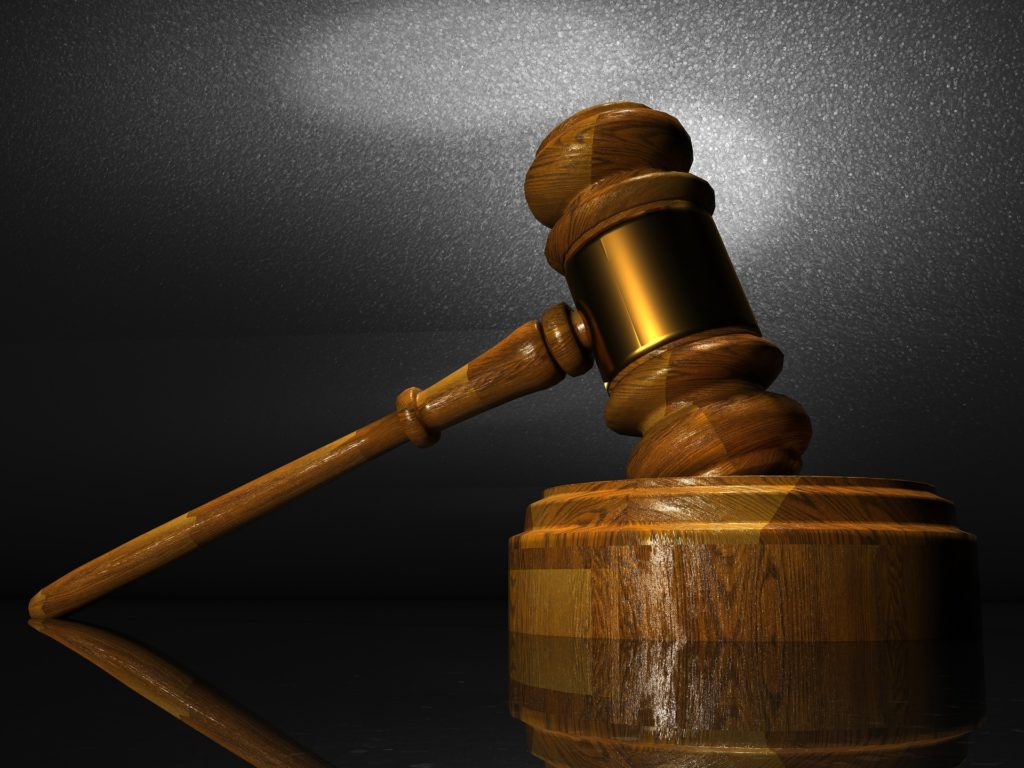Liability of General Contractors for Unlicensed Subcontractors
Reading Time: 4 minutes
As many construction professionals are no doubt aware, when a construction project encounters problems, regardless of the reason, tensions and emotions can run high; this is doubly true when the problem results in a lawsuit by the owner of the property against the general contractor. When a dispute has progressed to the litigation phase, owners will often attempt to leverage any pressure point they can find to try and gain an advantage in the litigation.
For example, if an owner finds out that a subcontractor on the project was an unlicensed subcontractor, the owner may accuse the contractor of engaging in unlicensed work himself, or aiding and abetting unlicensed work. Florida Statute §553.84 creates a private cause of action for violation of the Florida Building Code, and §489.129 and §489.13 provide the penalties for unlicensed contracting, including the aiding and abetting of unlicensed work. The charge that a contractor engaged in, or aided and abetted, unlicensed contracting is a serious charge, carrying strong penalties (including the possibility of treble damages and an award of attorneys’ fees to the owner pursuant to §768.0425). Accordingly, charges of unlicensed contracting, or aiding and abetting it, are very serious and should be treated as such by those threatened with such actions.
However, where the claim of aiding and abetting unlicensed contracting is premised upon the general contractor’s use of an unlicensed subcontractor, or sub-subcontractor, the contractor can breathe a small sigh of relief. This is because Florida’s courts have interpreted §489.129(e), which governs aiding and abetting unlicensed contracting, to require that the contractor intended that the unlicensed subcontractor perform unlicensed work in order to be held liable for aiding and abetting the unlicensed contracting. See Blume v. Department of Professional Regulation, 489 So. 2d 880 (Fla. 2d DCA 1988). In Bloom, a licensed general contractor, Blume, subcontracted with an air conditioning repair subcontractor to do some work on an HVAC unit on a shopping mall. Blume inquired of the subcontractor as to whether he was licensed and the subcontractor replied that he was, but, unbeknownst to Blume, the subcontractor actually did not possess the required contractor’s license. Subsequently, someone filed a complaint with the Department of Professional Regulation1, alleging that he had aided and abetted unlicensed contracting.
A hearing on the complaint was held, and the hearing officer found that Blume could have checked whether the subcontractor was licensed, but that this failure did not constitute a violation of §489.129’s prohibition against aiding and abetting unlicensed contracting. The Department, however, took exception to the officer’s finding, and recommended that the Construction Industry Licensing Board sanction Blume for his conduct, which it did. Blume then appealed that decision.
On appeal, the Second District found that Blume’s failure to verify the subcontractor’s license did not constitute aiding and abetting the performance of the unlicensed work. The Court held that “aiding and abetting” has a well-defined meaning under the law and that, to be convicted of aiding and abetting under criminal laws, it must be demonstrated not only that the individual assisted in the complained-of act, but also that he intended to participate in the act. Applying that definition to the construction context, the Court held that, to be found liable for aiding and abetting unlicensed contracting, there must be evidence that the contractor made it possible for the unlicensed work to be performed, and that he intended that such unlicensed work be performed. Because it was not demonstrated that Blume did not intend to use an unlicensed subcontractor to do work, he could not be liable for aiding and abetting it.
Accordingly, the Blume decision is an important one for contractors. First, it establishes that contractors do not have an affirmative duty to seek out and determine the licensure status of their subcontractors when it comes to liability for aiding and abetting unlicensed contracting. Additionally, it establishes that, unless the contractor made it possible for the unlicensed contracting to be performed and that he intended, specifically, for unlicensed work to be performed, he will not be held liable for aiding and abetting unlicensed work. This is valuable knowledge for a contractor threatened with suit by the project owner, where the owner is trying to gain leverage by threatening to hold the contractor liable for the lack of licensure by a subcontractor on the project. It should be noted that it is always best for a general contractor to ensure that the subcontractors on a project are licensed to the work for which they have been hired, but, in those instances where the contractor does not do so, at least he will be protected from liability for aiding and abetting any unlicensed work.


